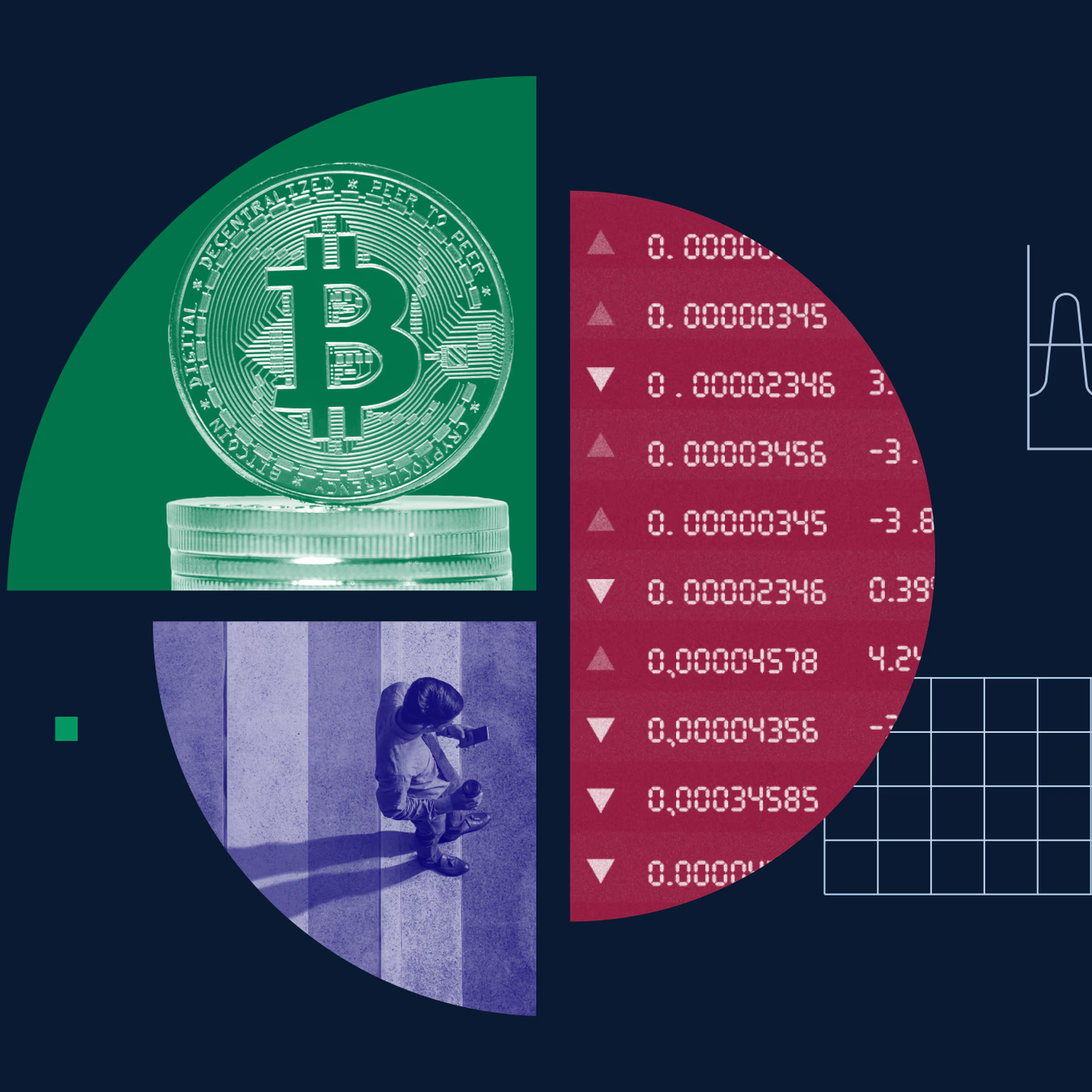Alarming Levels of Burnout Among Cybersecurity Professionals: Sophos
Sophos, a leader in cybersecurity services, has unveiled the findings of its latest report, “The Future of Cybersecurity in Asia Pacific and Japan,” conducted in collaboration with Tech Research Asia (TRA).
The report on cyber security jobs sheds light on the pervasive issue of burnout and fatigue among cybersecurity professionals in India, with a staggering 83 percent of respondents in cybersecurity and IT roles reporting being affected.
The study, which surveyed professionals across various sectors, highlighted the widespread nature of burnout across cybersecurity operations. A staggering 93 percent of respondents noted an increase in feelings of burnout over the past year, the highest figure recorded across Asia Pacific and Japan.
Furthermore, 25 percent of respondents attributed cybersecurity burnout or fatigue directly to a cybersecurity breach, while 22 percent experienced slower response times to incidents.
Key factors contributing to burnout and fatigue include a lack of resources to support cybersecurity activities, monotonous routine tasks, increased pressure from executive management, alert overload from tools and systems, and the rise in threat activity and adoption of new technologies.
The impact of burnout on cybersecurity employees is profound, with 34 percent feeling they are not performing diligently, 48 percent experiencing heightened anxiety in the event of a breach, and 36 percent expressing feelings of cynicism and detachment towards their responsibilities. Alarmingly, 31 percent of resignations among cybersecurity professionals were attributed to stress and burnout.
Aaron Bugal, field CTO at Sophos, underscored the urgency of addressing this issue, stating, “At a time when organizations face cybersecurity skills shortages and complex cyberattack environments, employee stability and performance are crucial for effective defense. Burnout and fatigue undermine these areas, and organizations must provide adequate support to employees, especially considering the significant impact on cybersecurity incidents.”
The report also highlights the tangible effects of burnout on business operations, including direct contributions to breaches, slower incident response times, lost productivity, and employee resignations. In India alone, 25 percent of respondents identified burnout as a contributing factor to breaches, while 22 percent experienced delays in incident response.
Bugal emphasized the need for a paradigm shift in organizational attitudes towards cybersecurity, calling for better governance, accountability, and support systems. He stressed the importance of clear expectations and robust cybersecurity strategies, noting that cybersecurity is an ongoing challenge requiring continuous collaboration and support.
The findings of the Sophos report underscore the urgent need for organizations to address burnout and fatigue among cybersecurity professionals to safeguard against cyber threats effectively. Failure to do so not only jeopardizes security but also undermines employee well-being and organizational resilience.

































Leave A Comment